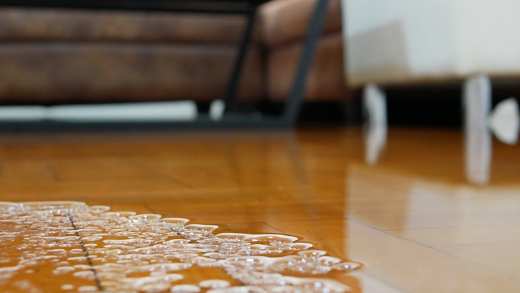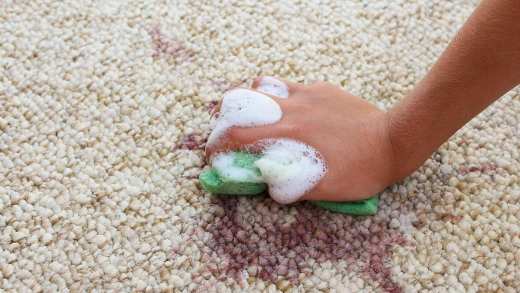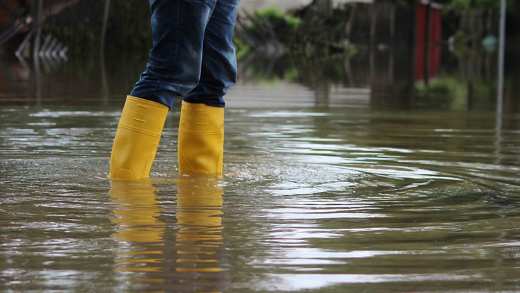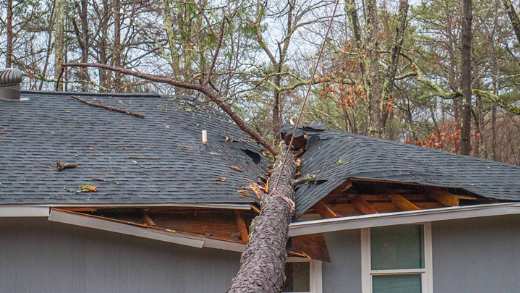Home insurance
Escape of water – how to protect your homeWater damage from plumbing, heating systems, or home appliances like washing machines can lead to insurance claims. But what exactly is covered when you file a claim?


Home insurance
Escape of water – how to protect your homeWater damage from plumbing, heating systems, or home appliances like washing machines can lead to insurance claims. But what exactly is covered when you file a claim?

Protecting your home
Dealing with frozen and burst pipesBurst pipes cause misery for homeowners. Find out how to prepare your pipes for plunging temperatures and what to do if you’re too late.

Contents
What is accidental damage cover?Find out why having insurance to cover accidental spills, bumps and tears may be worth having

Protecting your home
Fire Safety in the HomeLevel up your knowledge by exploring our recent survey into home fire safety.

In most cases, your home is the most expensive purchase you will ever make. So, ensuring that everything (including the kitchen sink) is covered is important

Contents
Insuring your engagement and wedding ringsEnsure your engagement and wedding rings are insured for peace of mind and protection.

Home insurance
Do I need personal belongings cover?Learn more about personal belongings cover, the handy home insurance add-on that travels with you.

Protecting your home
Subsidence: everything you need to knowStruggling with subsidence in your home? Find out more about the signs you shouldn't ignore.

Protecting your home
10 things you should do immediately when there’s a flood warningWhen a flood warning sounds it means that flooding is expected and you need to act fast.

Home insurance
Storm damage coverBroken tiles, fallen trees and water damage can all take the wind out of your sails.